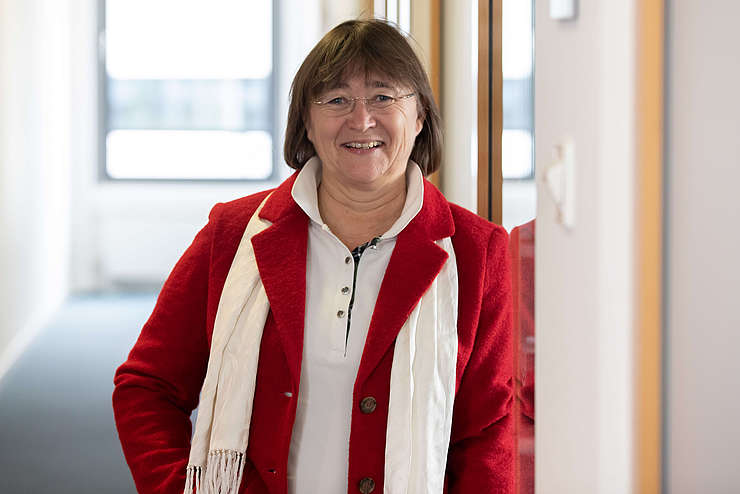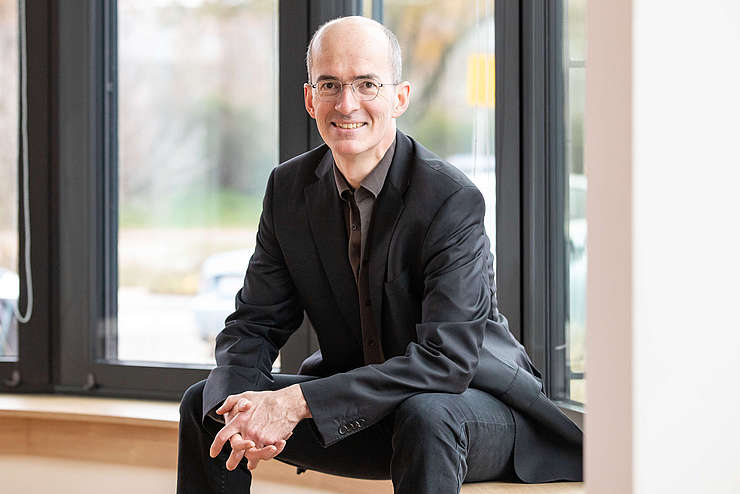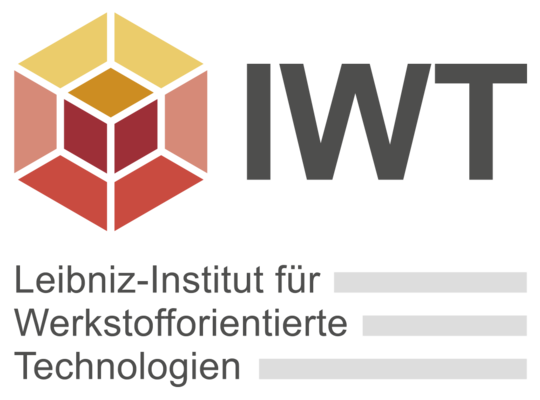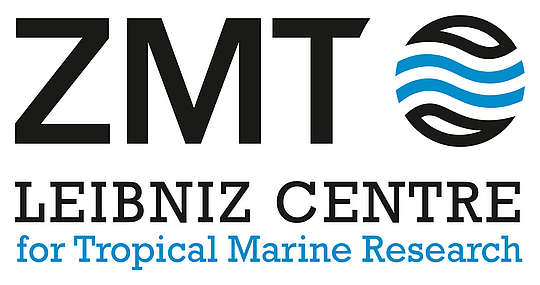Von Rainer Busch
01 Jun 2023
Around 1.8 million people in Germany live with dementia, a number that is certain to rise. This is due to demographic change and rising life expectancy. To date, magnetic resonance imaging (MRI) has been used for diagnosis, but the procedure has its flaws. So, what if oncoming illnesses could be detected in a more cost-effective, low-threshold way without any compromises on accuracy, namely by speech analysis? “It is just as suitable for early detection as MRI,” says Professor Tanja Schultz, the professor of Cognitive Systems at the University of Bremen. “We want to be able to determine as early as possible whether a person will suffer from dementia. We combine both methods, MRI and speech analysis. Therapies can then be initiated at an early stage, allowing existing skills to be maintained for longer.”
“All projects aim to deliver added value to health care.”
“Multimodal data fusion for the early detection of dementia” is the title of the research project. It is one of nine projects funded by the AI Center for Health Care. All projects share several commonalities – they are located at the intersection of AI and health research, have an interdisciplinary structure with the participation of at least two U Bremen Research Alliance institutions, and serve to support doctoral candidates.
“All projects therefore aim to deliver added value to health care,” says Professor Horst Hahn, director of the Fraunhofer Institute for Digital Medicine MEVIS. Like Professor Schultz, he acts as a spokesperson for the U Bremen Research Alliance lead project on artificial intelligence. The tool for this is AI, understood here as software that learns independently from the data in its possession and is able to identify patterns and derive recommendations for action from it.
“Medical knowledge is growing so rapidly that doctors on their own can no longer keep up with it,” explains Professor Hahn. Some 400 different types of lung cancer are now known. AI helps sort the vast amounts of data, make it manageable, make it meaningful, and thus support diagnostics and medical decision-making. Ideally, it can contribute to prevention, the detection of diseases, better treatment, and relieving the burden on medical staff. “Health care has a pressing need for such solutions,” says Professor Hahn.

Even before the AI Center for Health Care was founded, Bremen had a lot to offer in the fields of AI and health research. “One of the strengths of the location is the very distinctive research landscape around the university. Here, we conduct basic and application-oriented research with a wide range of specialist expertise,” says Professor Schultz. “Even internationally, we can be proud of our reputation.”
This interdisciplinary approach was one of the reasons why Professor Schultz moved from southern Germany to Bremen in 2015. “At the universities I know, interdisciplinarity is not practiced with as much vim and vigor as in Bremen,” she says. “As part of the ‘Minds, Media, Machines’ focal point, researchers from various disciplines have been working together for many years. In addition to a large representation from computer science, this includes researchers from engineering, human and health sciences, media and communication sciences, neuroscience, and psychology. In my opinion, this is quite unique,” says Professor Schultz. Professor Hahn adds that Bremen is distinguished by its collegial atmosphere and the ability to do a lot with limited resources. “In the ‘Value for Euro’ category, Bremen is probably the best in Germany.”
“In the ‘Value for Euro’ category, Bremen is probably the best in Germany.”
Launched in 2021, the AI Center for Health Care, which is receiving around 6 million euros in funding from the federal state of Bremen, makes the location even more attractive.
Seven institutions from the U Bremen Research Alliance are currently involved in the center’s projects. In addition to the University of Bremen and Fraunhofer MEVIS, these include the Leibniz Institute for Prevention Research and Epidemiology – BIPS, the German Research Center for Artificial Intelligence (DFKI), the Leibniz Institute for Material-Oriented Technologies – IWT, the Alfred Wegener Institute, Helmholtz Centre for Polar and Marine Research – AWI, and the Fraunhofer Institute for Manufacturing Technology and Advanced Materials IFAM.

These institutions also support the numerous doctoral candidates for whom new positions have been created as a result of the funding. The researchers, who mostly come from the fields of computer science, physics or engineering, meet regularly to exchange ideas. Everyone involved recently attended a two-day retreat. The focus was not only on academic questions, but also on practical aspects that are important for the success of a doctorate, such as self-organizational skills, becoming more resilient, and dealing with setbacks. “Doctoral candidates are not alone in their project, they are interlinked,” explains Professor Hahn. “This will help us achieve one of our main goals: stronger networking between the stakeholders.” At least two member institutions of the U Bremen Research Alliance always work closely together on each project.
The diversity of skills is also reflected in the nine research projects. These include materials research, such as the development of antibacterial surfaces, and new systems for operating theaters. And on the other hand, the knowledge gained from data, for example from the NAKO health study, in which 200,000 people were examined medically throughout Germany – 30,000 of whom using a whole-body imaging procedure. The data collected also benefits the project on the early detection of dementia.
“AI research in Bremen, and with it the AI Center for Health Care, is a beacon.”
At the same time, work with and on AI is far from limited to science. Two coordination units have also been created as part of the AI Center for Health Care. Their tasks include networking with other AI stakeholders from business and politics in Bremen. One result and driver of this growing connectivity was the AI in Health conference held last fall, where opportunities and the latest developments in AI were discussed. “Here locally, we have a lot of potential in the field of AI,” says Professor Schultz. Otherwise, it is unlikely the bid to host the International Joint Conference on Artificial Intelligence (IJCAI) in 2026 would have worked out. With several thousand participants, this is the world’s largest international meeting of AI researchers (see box: “International meeting of AI researchers in Bremen”). “It’s a wonderful opportunity to showcase Bremen’s visibility on the world map of AI.”
The conference is a very good fit with the state’s strategy of further developing AI as a location-defining topic. At the moment, two approaches are being explored. The first is to move beyond preventive health care to new topics, while the second is to further develop AI itself with not only reactive capabilities, but also continually improving, autonomous adaptation to its environment, especially for collaboration with humans. “AI research in Bremen, and with it the AI Center for Health Care, is a beacon,” says Professor Hahn. “We would like to build more.”
www.bremen-research.de/aktivitaeten/ kuenstliche-intelligenz
International meeting of AI researchers in Bremen
For the first time in 43 years, Germany will once again host the best known international conference on artificial intelligence (AI) in 2026. Several thousand researchers are expected to attend the International Joint Conference on Artificial Intelligence (IJCAI) in Bremen, which will take place together with the European Conference on Artificial Intelligence (ECAI). Thanks to the successful bid by the U Bremen Research Alliance and the Faculty of Artificial Intelligence at the Gesellschaft für Informatik, Bremen is living up to its reputation as a leading conference and science location for computer science and AI. Professor Tanja Schultz from the University of Bremen and Professor Frank Kirchner from the German Research Center for Artificial Intelligence (DFKI) will be present as local chairs for the international meeting of AI researchers. Both represent AI in the U Bremen Research Alliance. Further information is available on the website of the International Joint Conferences on Artificial Intelligence Organization and the European Conference on Artificial Intelligence.













